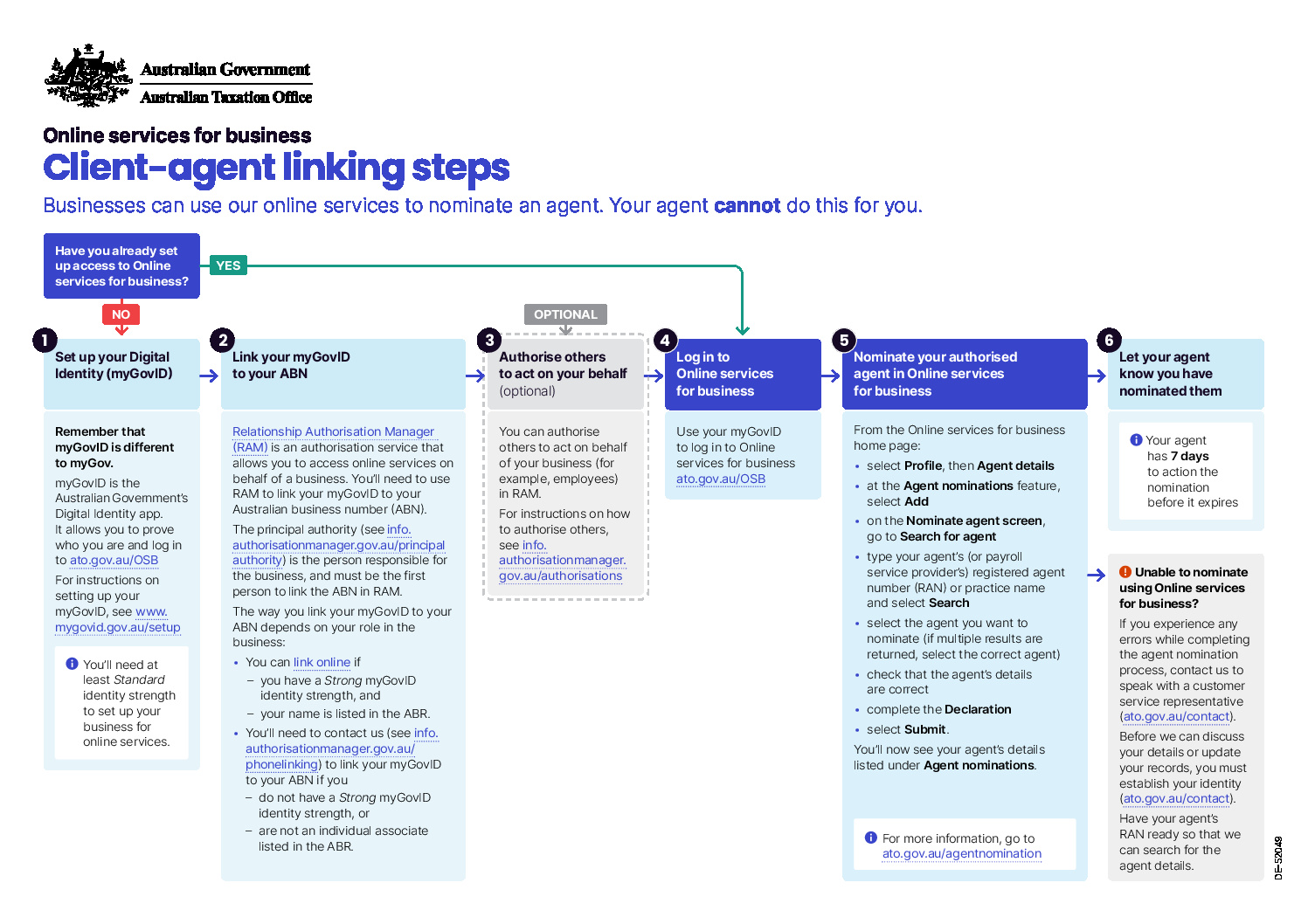The Australian Taxation Office (ATO) generally imposes interest on unpaid tax liabilities including Income Tax, GST, FBT, and PAYGW to name a few. The ATO is fairly lenient in imposing interest or penalties on your tax liability for late payments. However, they are not as fair when the late payments or lodgements are multiple and continuous. The key to dealing with the ATO is regular communication and keeping them updated.
For the July 2016 quarter, the ATO’s General Interest Charge (GIC) rate is 9.01% p.a. Note that there are two types of interest charged by the ATO:
- General Interest Charge (GIC) – penalty for late payment and other obligations
- Shortfall Interest Charge (SIC) – usually a penalty from tax return amendment resulting to an increase of tax liability
Penalties imposed on tax accounts
The purpose of penalty provisions is to encourage taxpayers to take reasonable care in complying with their tax obligations. The ATO does take into account individual circumstances such as compliance history when deciding what action to take. This means that ‘regular offenders’ could receive stricter treatment than what a ‘first-timer’ would.
From the above penalties and interest charges that the ATO can impose on a taxpayer’s account, there are basic grounds and circumstances that the Commissioner may remit GIC, SIC or penalty.
Every taxpayer has the right to request remission of any interest imposed to their account. Remission is the reduction or cancellation of interest charged on the taxpayers account. The ATO generally remits interest charges and penalties where it is fair and reasonable in the circumstances.
Whether you are requesting remission over the phone, through the ATO Portal or via mail, we have listed common circumstances taxpayers face that lead to the need for remission:
- The tax shortfall amount occurred as a consequence of voluntary disclosure by the taxpayer
- The ATO’s completion time of an audit took longer than could reasonably be expected taking into account specific circumstances
- The ATO has, by instruction or action, contributed to the taxpayer’s error giving rise to shortfall
- Delays were caused by, and errors due to, the actions of a third party (i.e. incorrect information provided by a third party)
The last scenario, above, is an overly used reason in requesting remission. This is because the shortfall is outside the control of the taxpayer.
Requesting a remission for SIC is one of the more difficult to achieve, especially if it was detected during the ATO’s data matching. SIC can be easily granted by the Commissioner if the result of increase in tax liability was initiated by the taxpayer and the ATO were notified that a mistake had been made.
There are also other different grounds and circumstances where the ATO may remit interest and penalties. These are discussed in more detail in Practice Statement Law Administration PS LA 2006/8.
If you are unsure about your reason for remission, please contact Wendy from our office and she can assist you with this process and provide further information.













